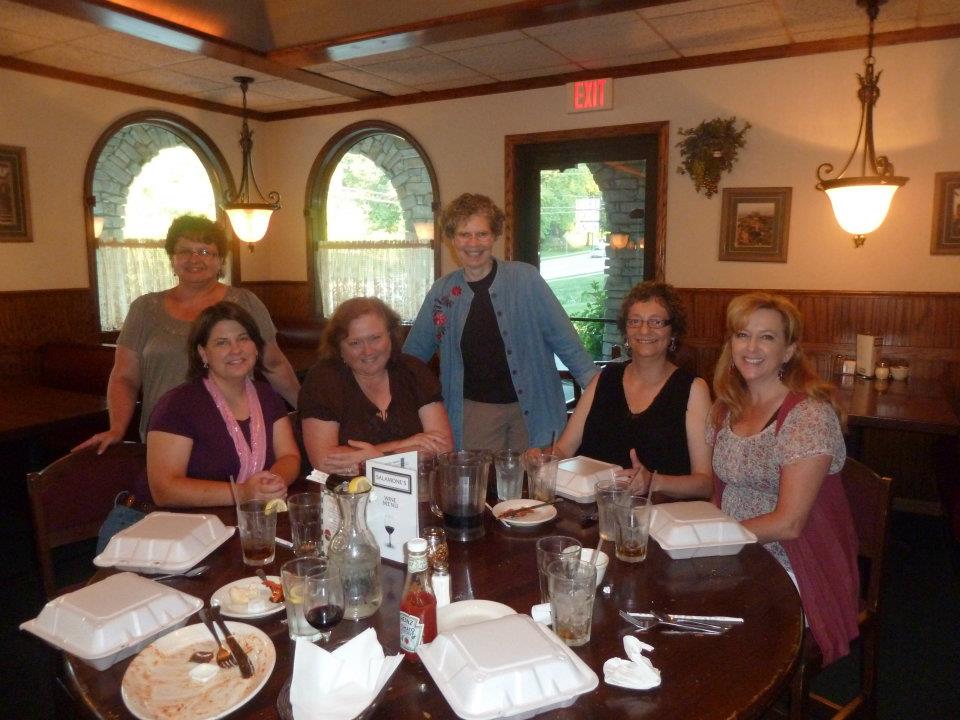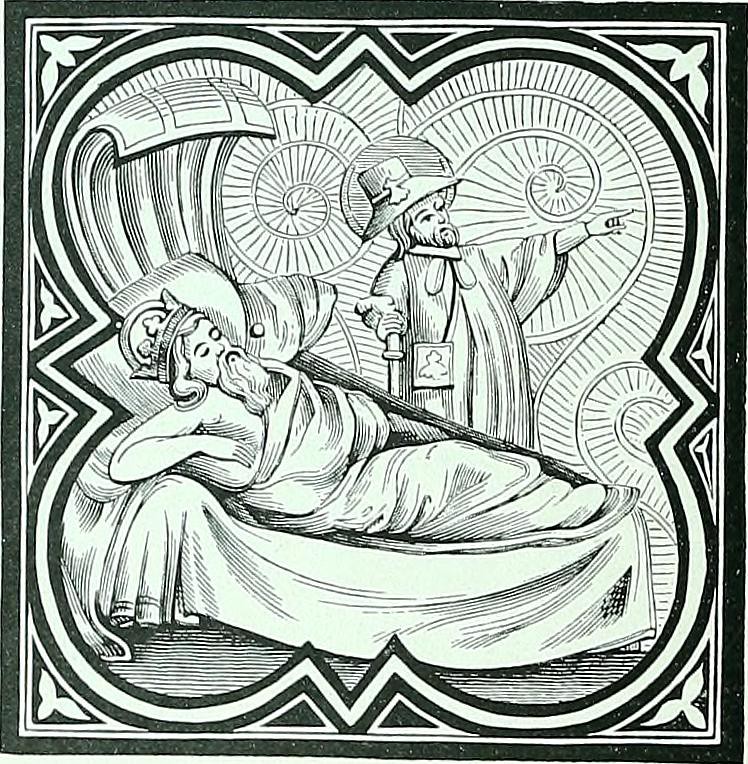
The idea that muscles have memory is not a new one. For those of you wanting to know more about it, I found this https://www.popsci.com/what-is-muscle-memory/
For our purposes, let’s just say that the more we do something, the easier it becomes. This applies to a myriad of things – both positive and negative. The more you put off writing, the easier it becomes. You can go for days, weeks, months, years — dare I say — forever. No, I daren’t because I tend to despise the phrase ‘dare I say.”
At any rate – Pam (pictured above) invited me to join her Cardio Class (okay, technically I invited myself as I am apt to do — but the point is, I’ve been going. Mostly. She’s going more – go, Pam, go!). I’m enjoying the class. Today the instructor said we were like a really good Show Choir — which is fantastic because I had been imagining that it was 1986 and I was back in Show Choir. The point of this is — my muscles remembered. Sure, it was a lifetime ago — but once you learn to grapevine with a bunch of like-minded people, you don’t soon forget.
Which brings us back to writing. As always.
Today I came home and wrote a silly poem — in the style of Edward Lear. It’s ridiculous, but I enjoyed writing it. I enjoyed rhyming it. And my muscles remembered, if only for an hour — that they like to write.
But if I never do it — I will forget.
So if you are like me — God bless you — but if you are struggling to do the work: remember, a HUGE part is muscle memory. Sit down. Write something. Anything. Your muscles will remember.
Prompt: Pick one of your favorite writers and write something in their style. It doesn’t have to be very long. It doesn’t have to be very good. It doesn’t have to go anywhere. Just let your muscles remember.


